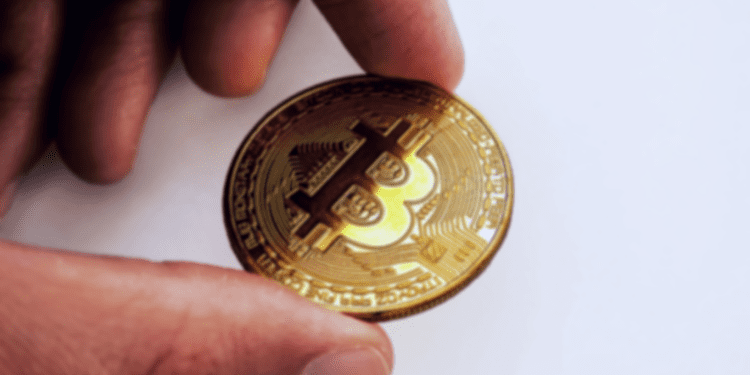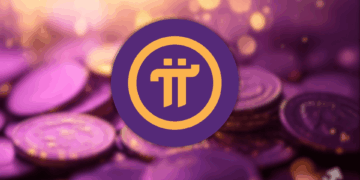The debate over whether a new digital asset is a utility token or a security token makes a significant difference regarding registration with the Securities and Exchange Commission (“SEC”) and subsequent reporting and disclosure obligations. While a utility token is issued for a limited, consumptive purpose, security tokens are more akin to traditional stock in public companies. Because of this, the SEC is empowered to regulate the latter. How to make this decision is a million-dollar question. A recent jury verdict and subsequent federal court ruling try to parse out where this line is—or should—be drawn.
Utility vs. Security Token
Utility tokens are designed and intended for a specific purpose—such as an in-game token. They provide access to a closed ecosystem of users to access goods and services and operate on other blockchains. Think of a utility token like an arcade token or a casino chip. An example of a significant project that uses utility tokens is Filecoin—the market leader in providing cloud storage space—with its utility token FIL—which is used to access the network and the storage space.
Security tokens are an entirely different creature. These tokens offer ownership interests in another asset in a digitalized manner. In other words, a security token is like a piece of a public company´s stock stored on the blockchain. An example of a security token is INX—which offers purchasers dividends and interest payments. INX represents the first registered security on the blockchain.
Utility tokens are issued to the public through initial coin offerings (“ICOs”) in an unregistered fashion. On the other hand, security tokens typically mandate a security token offering (“STO”)—basically like IPOs for digital assets—registered, regulated, and offered with the SEC seal of approval.
In the Courts: Audet vs. Fraser
From 2016 to today, this case conjures memories of the utility versus security token distinction. In this class action lawsuit—Audet v. Fraser—a class sued defendant Stuart Fraser and two crypto mining companies in connection with offering several crypto assets allegedly securities and not registered as such. In addition to the “Paycoin,” the defendant also provided the Hashlet, Hashcoin, and Hashpoints to the public. The defendant was alleged to have defrauded and made multiple misrepresentations to the public about these products.
The Jury´s Decision, the Court´s Ruling, and Next Steps
In November 2021, a federal jury decided whether these products were “securities.” In a stunning jury verdict, the jury decided—after applying the Howey Test—that these digital assets were not securities under governing law. This was an essential verdict because it marks the first time a federal jury has considered whether a digital asset is a security.
On June 3, 2022, a federal court ordered a new trial. The judge rejected the jury´s verdict that Paycoin was not a security and reasoned that a reasonable investor would have expected that this product had the characteristics of a security and therefore was security. The new trial will focus on this one product.
Significance
The Wall Street Journal frames the issue perfectly: “whether digital tokens are, for legal purposes, more similar to stocks or gold.” Similar to stocks, they should be treated and regulated like traditional securities. If they are similar to gold, they are commodities and not securities; therefore, they do not have to be handled as securities because they are not securities. However, the line between the two is hard to draw. Until Congress provides more clarity on this issue, all interested parties, as well as the U.S. courts, will have to grapple with these finer points and straddle this blurred line.
Conclusion
In brief, a utility token is offered for a limited, specific purpose, while a security token gives the holder a (digitalized) stake in the company. Deciding such a distinction is challenging. The jury in Audet v. Fraser ruled that the digital assets in the case were not securities. However, a federal court soon ordered a new trial on one of these digital assets. This demonstrates nothing more than a lack of clarity on whether a novel digital asset should be characterized as a utility token or a security token. What is agreed upon is that the courts will be the avenue individuals will turn towards to help them make this determination.















